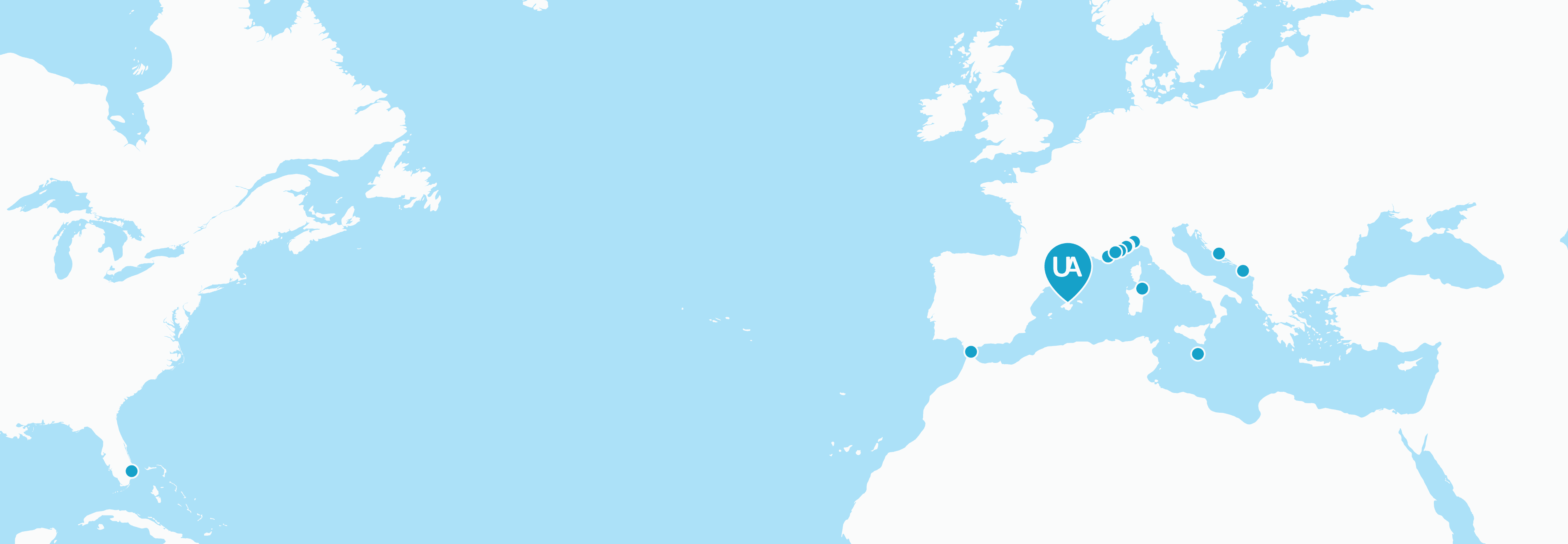15th Jun 2020
Why an emergency fund matters
The impacts of the COVID-19 coronavirus on the Superyacht industry and individual crew has highlighted just how important it is to have an emergency fund.
Having a stash of money set aside as a financial safety net is crucial for when you suddenly find yourself without a job. But having an emergency fund is also more than that: it is one of the most important things you can do as part of your savings plan.
The benefits of having an emergency fund
Peace of mind
Knowing you have money set aside when you’re faced with an unexpected change in circumstances or sudden job loss can help lower your stress levels. And less anxiety will help keep your head clear for making decisions about how to get back on track.
Build savings easily without noticing
By directing some of your pay into a separate account on a regular basis, you won’t be tempted to splurge it all on a night out. Better yet, you will be surprised by how much you can save even after a short time when the money is moving automatically from your spending account to your savings account.
Live securely while getting back on your feet
An emergency fund allows you to live securely without an income for a period, giving you time to get back on your feet and find a new income source, whether that’s your next yacht crew position or back onshore.
How much should you save in your emergency fund?

Everyone’s situation is different, so it makes sense that the amount you put aside depends entirely on your circumstances. There is, however, a general rule that says 3–6 months’ salary is what you should aim for when it comes to your emergency fund.
To help achieve this, set yourself a savings goal. Working in the Superyacht industry, with high wages and reduced living costs, provides an excellent opportunity to set an achievable goal and save regularly. Before you can start a regular savings plan you must ensure you have an emergency fund set up. This also allows you to maintain any savings or mortgage commitments without having to take payment holidays. Also saving towards your emergency fund helps you build better money habits so when you have your fund complete the transition to regular savings should be easy.
What if you could save 20% of your salary every month?
We realise not everyone has the ability to save the same percentage of income every month but saving something is better than nothing. To help you reach your goal, redirect any cash tips or end-of-season bonuses into your emergency fund until you hit your 3-6 month salary mark.
Keep in mind you don’t need to accumulate it all at once. Set yourself an achievable timeframe in which you could reasonably reach your emergency fund goal. Don’t give yourself too much time but don’t stop living either; it’s about finding balance.
Making savings a regular habit
It’s never too late to build your emergency savings.
Review your expenses to work out where you can cut back and start saving regularly. If you don’t make saving a regular habit, you likely won’t be successful in building an emergency fund.
The main challenge with regular saving is that it competes with instant gratification. We’re just not hardwired to commit to long-term savings. However, we do have some easy tips for becoming a regular saver.
Also, now that we’re never far away from our phones, developing savings habits has never been easier with apps for tracking our spending and watching our savings grow. We recently reviewed just a few of the many apps available to help you save more.
Where to keep your emergency savings
When it comes to where to keep your emergency savings, there are several options. The important thing is that the funds need to be kept where they can be quickly accessed when needed. Cash therefore is the most obvious choice (just don’t keep it under your cabin bed).
Cash isn’t however always the safest option, so savings accounts are a good alternative. As we said above, make sure you have a separate account for your emergency fund to reduce the temptation to spend. Just ensure there are no access penalties to the account you’ve selected for your emergency fund as you will want to be able to get to the funds quickly and easily should an emergency arise.
As with any decision regarding money, it’s wise to do your homework and seek advice if you feel overwhelmed or lost. The most important thing is to make a start today on building your financial safety net.
When to use your emergency savings
It sounds obvious but try to dip into your emergency fund only for true emergencies: to keep yourself afloat between jobs, a medical expense or unexpected trip back home for family reasons.
For everything else, budget ahead and use your regular savings. This is why it’s important that, alongside saving towards your emergency fund, you also build your regular savings.
Emergency savings the first step towards regular savings
It’s important to calculate your emergency fund before you set up your regular savings. As we say, having that stash of cash (or otherwise) set aside can reduce stress, freeing you up to focus on building regular savings.
Savings is just one the three pillars that will help you build a sturdy foundation on which to create your financial future.

Take action now
If you would like to learn more about building your emergency fund and saving more of your salary on a regular basis, download our Yachties Guide to Saving.



